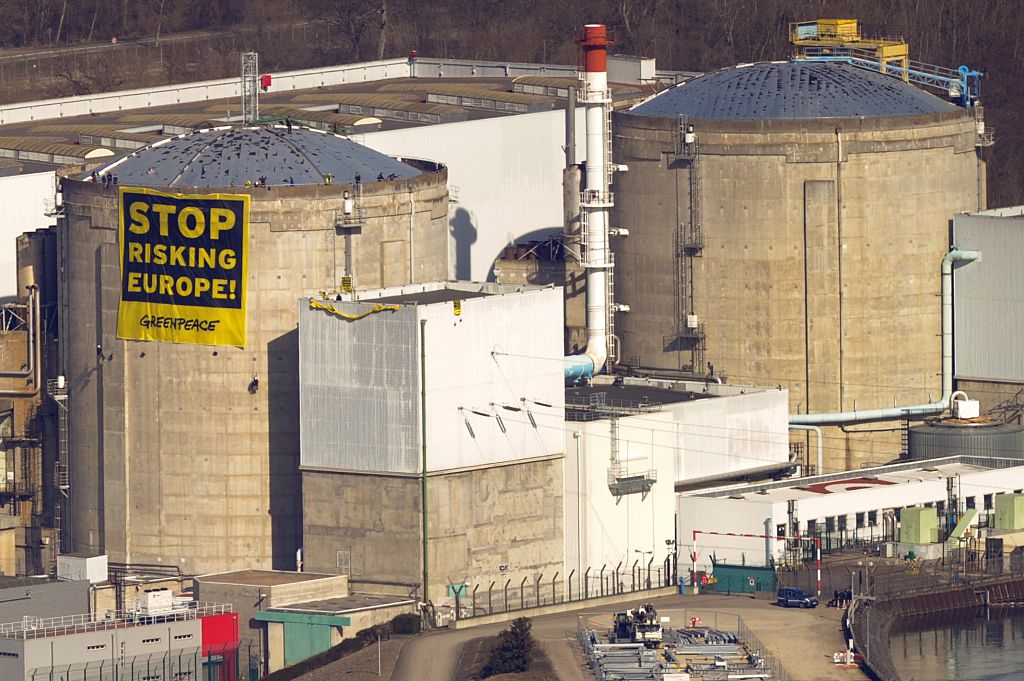France was due to start the shutdown of its oldest nuclear power plant, at Fessenheim across the Rhine from Germany, on Friday night, German Environment Minister Svenja Schulze said.
One of the plant’s two reactors, first linked to the country’s power grid in 1977, was due to be shut down in a process that would last into early Saturday morning.
The second plant scheduled to follow suit on June 30.
The move is the first in a programme to shut down 14 of France’s 58 nuclear reactors by 2035.
The government plans to reduce the proportion of French electricity generated from nuclear plants from more than 70 per cent in 2018 to 50 per cent in 2035 while upping the share from renewable energy sources.
At least one new reactor is also under construction, however, and the government is not ruling out building more.
Activists, as well as regional officials on the German side of the border, have down the years called for Fessenheim to be shut down, fearing the consequences of an accident there.
“The decommissioning of the Fessenheim nuclear power plant makes Germany safer, too. We have been campaigning for this step for many years,” he said.
Schulze described the German government’s commitment to phasing out nuclear power as “rock solid,” adding that Germany would also campaign for its neighbours to follow the country’s lead.
“Because nuclear power is not a climate saver. It is risky, expensive and leaves radioactive waste behind for thousands of generations.
Renewable energies are clearly the better solution,” Schulze added.


